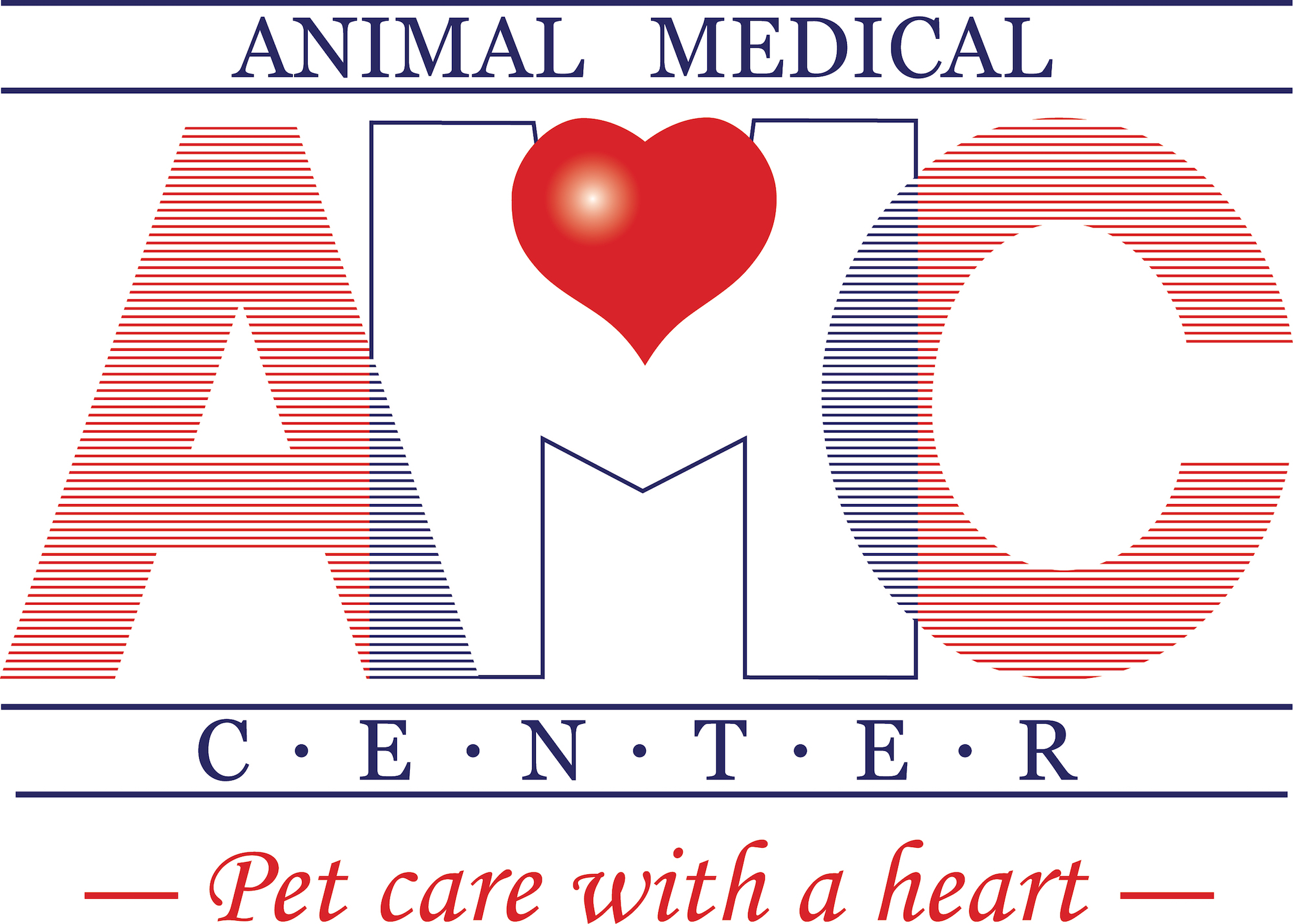Library
-
Contenido en espanol actualizado
-
The general condition of your dog's skin and coat are good indicators of his health. A healthy coat should be shiny and smooth, not brittle or coarse, and healthy skin should be supple and clear, not greasy, flaky, or bumpy. Selective breeding has led to the development of dogs with various coat characteristics requiring varying grooming needs. Nutrition also plays an important role in skin and coat maintenance.
-
Lameness in Dogs
Si un perro no puede moverse de forma normal se dice que está cojo. Las causas de cojera más habituales son el dolor en una articulación o en sus estructuras de soporte o bien la inestabilidad de una articulación.
-
Choosing the right collar or harness for a dog requires understanding how each device works and what is best for the dog and the owner. Correct selection, fit, and use are crucial for any training tool's success.
-
Elizabethan Collars in Dogs
Los collares isabelinos se utilizan para prevenir interferencias con cualquier vendaje o herida. Es normal que los perros se laman las heridas, pero esta práctica puede retrasar mucho la cicatrización y provocar infecciones. Por eso es importante que se deje puesto el collar, en especial cuando el perro está sólo.
-
Constipation is infrequent or difficult passage of stool or feces. This article outlines the most common causes of constipation, signs, treatment, and prognosis.
-
Wellness Testing for Dogs
Las pruebas que valoran el estado de salud son pruebas destinadas específicamente a detectar signos de enfermedades subclínicas de forma precoz en gatos que están aparentemente sanos.
-
Canine Coronavirus Disease
Se trata de una infección vírica intestinal que, aunque suele durar poco tiempo, puede ser muy desagradable. El agente causal es un virus que pertenece a la familia de los Coronavirus. Hay otros miembros de esta familia que producen enfermedades en muchas especies de animales y aves, pero el ser humano no puede verse afectado por el Coronavirus canino.
-
There are many ways we can change our dog's home environment to help them more easily move around and avoid injuries. This handout reviews some key points to improve your dog's comfort at home and on car trips.
-
Hospitals providing curbside care have restructured their practice to avoid the need for clients to enter the lobby and exam rooms. This measure was designed to promote physical (social) distancing during the COVID-19 pandemic; however, it may be used in other situations. This handout discusses the benefits and best practices of curbside care.

